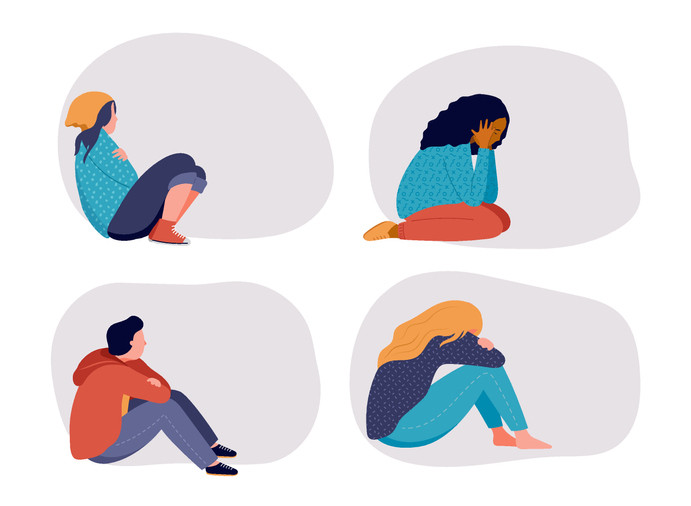Parnian Esmaeilishayeh (12) | STAFF REPORTER
In 2021, Nova Scotia implemented an opt-out system for organ donation. This means that unless an individual opts out, they are an organ donor (“Request to opt out of organ and tissue donation”). Many other provinces in Canada are considering whether this system is ethical. In 2020, 276 people died waiting for organ transplants (Canadian Blood Services). Upon implementing an opt-out system, organs will become less scarce and more lives will be saved. Mandatory organ donation increases the availability of organs by raising awareness of the significance of organ donations, making it easier to become an organ donor, and normalizing organ donation.
By making organ donation mandatory, the government is acknowledging the scarcity and conflict the lack of organs is creating. With new laws, the population will be informed about the issue on a daily basis through social media and news outlets. Through this process, not only will more discussion arise regarding the problem, but more people will be persuaded to support organ donation by understanding the scope of the issue. In an interview with CBC, Dr. Stephen Beed states, “I don’t think that our success has been influenced by the actual consent process very much at all, except that it was a clear message to our population from the government and from the health-care community that donation is a very good thing” (Jones and CBC). Through seeing the government’s support, more people will realize the impact of being an organ donor, thus increasing organ donation rates.
Most people who do not donate are passive supporters. Passive supporters are those who are keen to donate but, due to the complications of registration or forgetfulness, miss the opportunity to do so. However, once they are already signed up, they are automatically considered a donor without needing to undergo any extra steps. On the other hand, by making it easier to be an organ donor compared to not being one, more people opt-in, as it requires less effort. This system supports donors while slightly inconveniencing non-donors, working to encourage passive supporters to donate.
By making organ donation the default, being an organ donor becomes an expectation rather than an optional good deed. This makes more people feel socially responsible and comfortable with donating. Additionally, most people do not donate due to the fears that they will not be prioritized by the doctors or will not be dead when they proceed with the transplant (“Consumer Health”). Both these fears are misconceptions: being an organ donor does not change how doctors treat the patient. Upon making organ donation the default, these misunderstandings will diminish. If almost everyone being treated in the healthcare system is an organ donor, there will be no doubt about fair treatment.
Some may argue that the opt-out system is forceful and makes it difficult for individuals to refuse organ donation, potentially forcing everyone to donate. Although this law does add an extra step to refuse, opting out is still a given right. Additionally, would it not make more sense that opting out of saving lives would be harder than remaining opted in? Donating would benefit the population as a whole and should be made convenient rather than complicated. Similar to many laws that promote more ethical actions to save lives, this law also aims to save lives. The only difference is that this law is less normalized in society.
Not only does organ donation save lives, but it brings communities together, adding a bond that can never be broken. Through an opt-out system, organ donation will become more emphasized, convenient, and accepted, thus leading to higher donors and eliminating the hundreds of deaths that accrue per year.
Works Cited
Canadian Blood Services. “System Progress Data Reporting.” https://profedu.blood.ca/en/organs-and-tissues/reports/system-progress-data-reporting, https://profedu.blood.ca/en/organs-and-tissues/reports/system-progress-data-reporting. Accessed 27 May 2025.
“Consumer Health.” Organ donation: Don’t let these myths confuse you, Mayo Clinic, https://www.mayoclinic.org/healthy-lifestyle/consumer-health/in-depth/organ-donation/art-20047529. Accessed 27 May 2025.
Jones, Sabrina, and CBC. “Would an opt-out system increase organ donations? Experts say Quebec has work to do first.” Presumed consent alone not a silver bullet for more organ donations, experts say, CBC, 09 Nov 2024, https://www.cbc.ca/news/canada/montreal/quebec-not-ready-presumed-consent-1.7376409. Accessed 27 May 2025.
“Request to opt out of organ and tissue donation.” Government of Nova Scotia, https://beta.novascotia.ca/request-opt-out-organ-and-tissue-donation. Accessed 27 May 2025.



